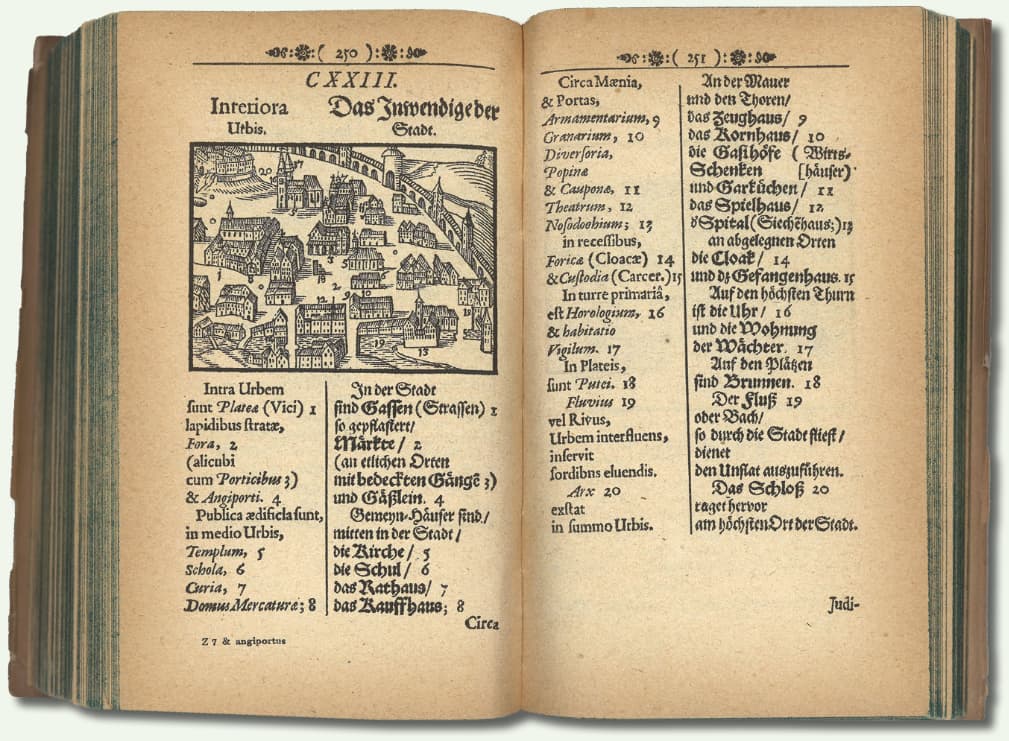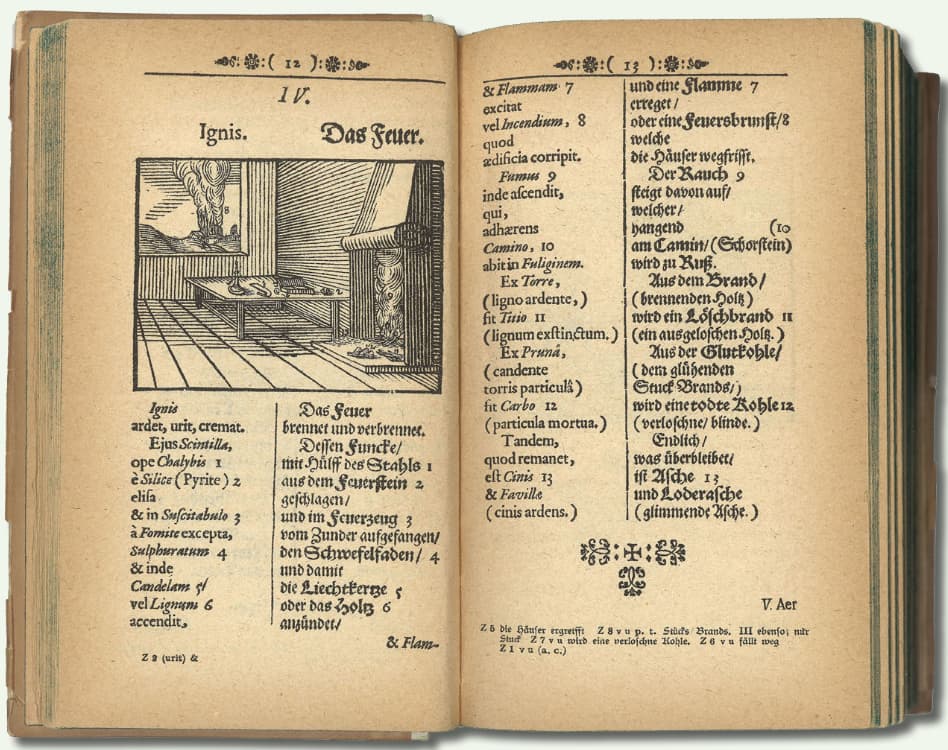So, I started learning German yesterday and my goal is to clear A1 level exam in Mid March. I am looking for books that I can use to understand German grammar rules. So, yeah, I am here looking for recommendations.
I have the Talk German Grammar book produced by the BBC, I find it very clear and easy to use. It is also cheap and compact. I agree with Steve Kaufmann that grammar is best learnt from comprehensible input, and a book should only be used when you get stuck.
I also have a Collins Complete German book. Avoid it at all costs, I find it impossible to locate the item of grammar needed, it is hard to understand and I’m sure some bits of grammar are missing. It’s a horrible book.
I recently downloaded German in Review book by Kimberly Sparks and it seems great to me with a lot of exercises for practice. You can check that as well.
So much depends on how far you want to go with this!
I agree with the earlier advice that you should rather go for the “compelling, comprehensible input” approach of Krashen and Kaufmann and let the grammar just come along later when you want to achieve “mastery”.
Sadly it is so easy to slip into “grammar paralysis” with any new target language, so the best advice is to adopt the KISS principle [Keep it Simple and Straightforward] at first. At A1 level definitely go for the “shortest grammar book you can find”, as often advised by Steve Kaufmann. And that definitely applies to German where things can quickly get very tangled and constricting.
Assimil German is a reasonably straightforward approach to the basics if you want a book, so that you can do something on a daily basis in “bite size chunks” and the grammar explanations are very good.
But if you are heading for C2, and have considerable tenacity and endurance to focus on the grammatical “rules” (and all the exceptions in German!), then “reach for the ultimate” with Professor Martin Darrell’s “Hammer’s Grammar and Usage”. But be warned that this is a mighty long and arduous journey!
The better advice is probably to look at the free YouTube videos from Julia Brodt of the “Lingster Academy”, which is a considerably less painful route. She is a self-confessed grammar fan. But she has some excellent advice.
Since your exam contains grammar drills to solve so it is better to find a book that contains such grammar drills systematically.
This book also offers an answer key so you can check your answers,
German Grammar Drills: Perfect for Beginning and Intermediate Learners!
if you look hard enough online you may even find a free copy as well.
Thanks, I downloaded this book in pdf form!
Thanks I downloaded the book you mentioned in pdf form!
That seems a little ambitious, but depends on how much time you have. Good luck!
First of all, I’d probably check out Nico’s Weg A1 course.
Each lesson will have a grammar section that goes over grammar, and then obviosly you can do the exercises and of course watch the videos for each lesson.
There is also a complete grammar overview:
https://learngerman.dw.com/en/grammar
But I think it may cover the entire course…A1, A2, B1
Teach Yourself Complete German should have the basic grammar. Or Assimil German.
For future long term reference, the most exhaustive grammar is Hammer’s Grammar and Usage. Way too much for A1 level and it would be difficult to pinpoint A1 grammar points, but it’s a great book for grammar overall and definitely worthwhile add if you continue German long term.
Thank you so much.
Thank you so much plus.
hey, thanks for these links! All the best to you as well!
Typo alert: Professor Martin Durrell, “Hammer’s German Grammar and Usage”.
Martin Durrell also led a team to produce a more compact version in “Essential German Grammar” (Routledge, second edition 2015).
I like this website from grammar too: Grammar Review (dartmouth.edu)
If you really want to learn the old-fashioned (or more accurately “artificial”) way, I would advise you to use Duolingo. It will at least offer you some comprehensible input.
Can you elaborate a bit on this Duolingo thing?
I disagree, I used Duolingo for French over eight months and German over one or two months. I realise some people like it, but my experience was not good. It was not very effective, the speech samples were strange and unnatural, the characters were weird, it did not have enough input, it encouraged rote learning and it was suffused with their politics in order to indoctrinate users. In French it was full of errors, and it usesd idiomatic American English, which is often unintelligible to non Americans.
For German I used Babbel, and although I don’t recommend it, it was superior to Duo, it taught grammar basics, and to be fair it does introduce the language. But don’t expect to get beyond A1!
I wasn’t saying Duolingo was for everyone. I was saying it might work for those who prefer to learn the old fashioned “rote learning” way. I don’t use it for some of the reasons you suggest (although I don’t find the odd characters or the unnatural sentences annoying), but my wife uses it, and she likes it.
The old fashioned way ≠ rote learning.
Rote learning of (in regards to Duolingo) a very limited set of phrases has never been an established language teaching method. For a good reason imho, as this tends to cause you to memorize the phrases as a whole, without any understanding of the elements (vocabulary, grammar and possible idiomatic aspects).
The old-fashioned way, as in how it was done 100 years ago, was to hold the subject in the target language with the students having to produce speech from the very beginning on and mainly learning from beeing corrected by the teacher. Grammar played a minor to no role, as it was assumed that due to repetition the studens will acquire it anyways.
This rather simplified approach was later modified as it has its downsides, mainly the inability to properly work with text, both in consumption and production. Some teaching methods that you might find interesting
Direct or Natural Method (the one described above) [19th and early 20th century]
Audio-lingual Method [late 1950s]
Total Physical Response [1960s]
Communicative language teaching [1970s]
Immersion [1960s]
The Natural Approach (Krashen, basically) [late 1970s]
The Lexical Syllabus (learning of chunks) [1990s]
The only approach that comes somewhat close to what Duolingo does or could be described as rote learning is the last one, which is the newest. Just to prove my first statement.
That was my experience. Duolingo has so few examples of usage that the learner does not develop any deep knowledge, they memorise. There are other failings, but that’s for a PhD thesis at some later date.
Do you know any good books that cover the above teaching methods, not in detail, just an overview of each?
I haven’t spend a whole lot of time with this matter yet myself. But if you want a basic overview: https://www.ijires.org/administrator/components/com_jresearch/files/publications/IJIRES_560_Final.pdf
Learning Module One: Overview of Language Teaching Methodologies – Language Learning in K-12 Schools: Theories, Methodologies, and Best Practices
Note: The grammar translation method is stated to be the oldest learning method. This is misleading. The use of “methods” is something that came up with modern schools. The approaches have altered over time, and starting from the Ancient Times learning a language by using it or by exposure to lots of material has always been one approach. The Ancient Greeks seemed to have prefered it that way and I found a book online that teaches language by bilingual texts and pictures. (It dates back to 1658)
EDIT: Here is a link to an English-Latin version:
You can also find a short overview over the methods both at wikipedia. Not the best source, but it gives you an idea and some of the methods have their own pages.
All things summed up should give you an impression.
Thank you. That link looks useful.

